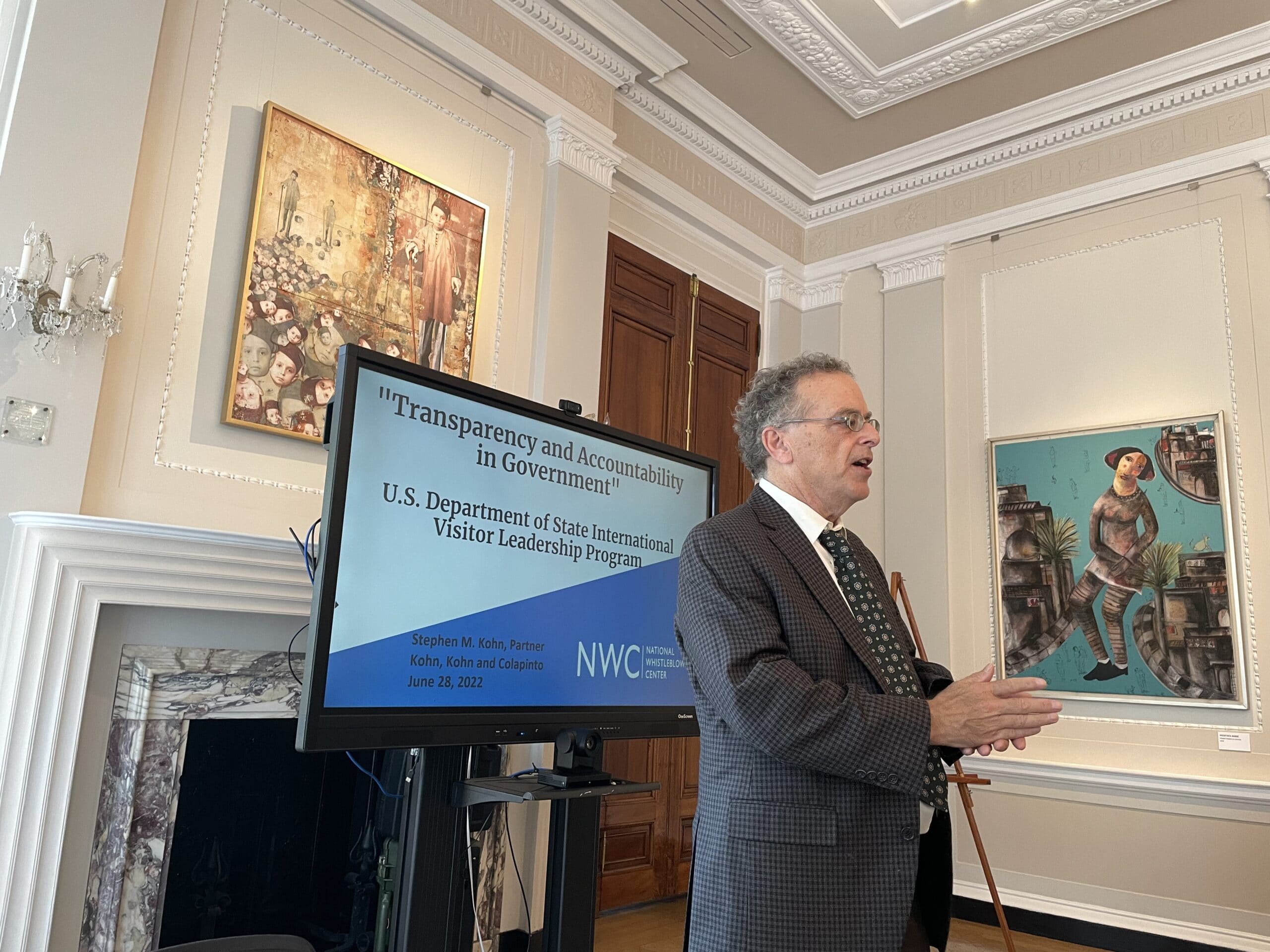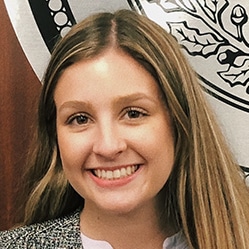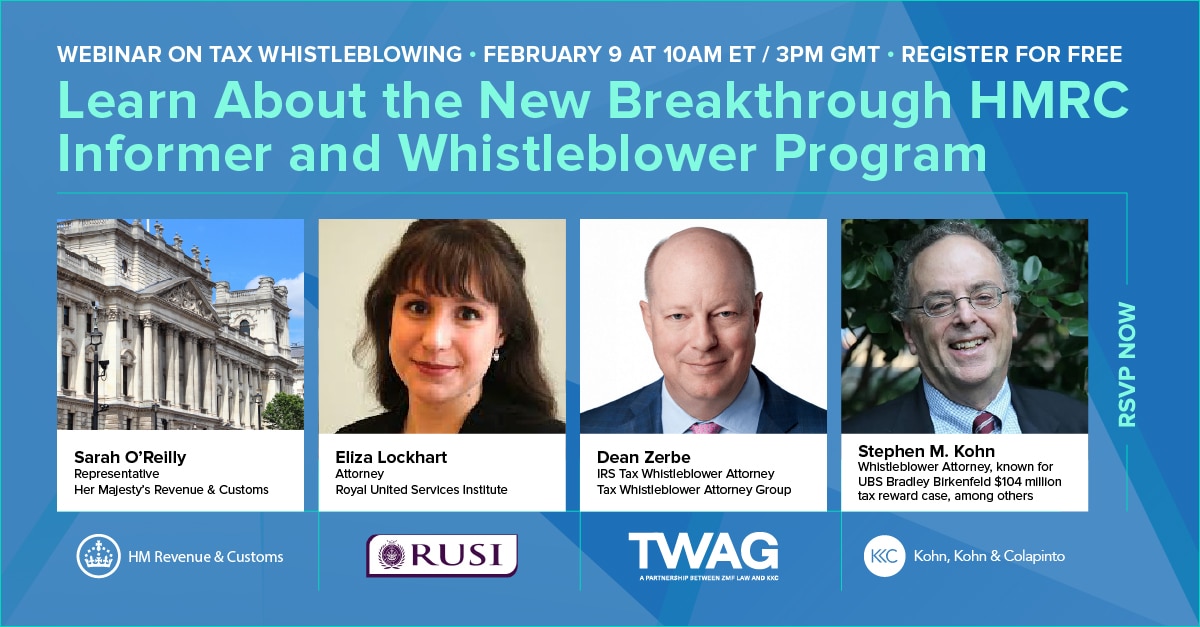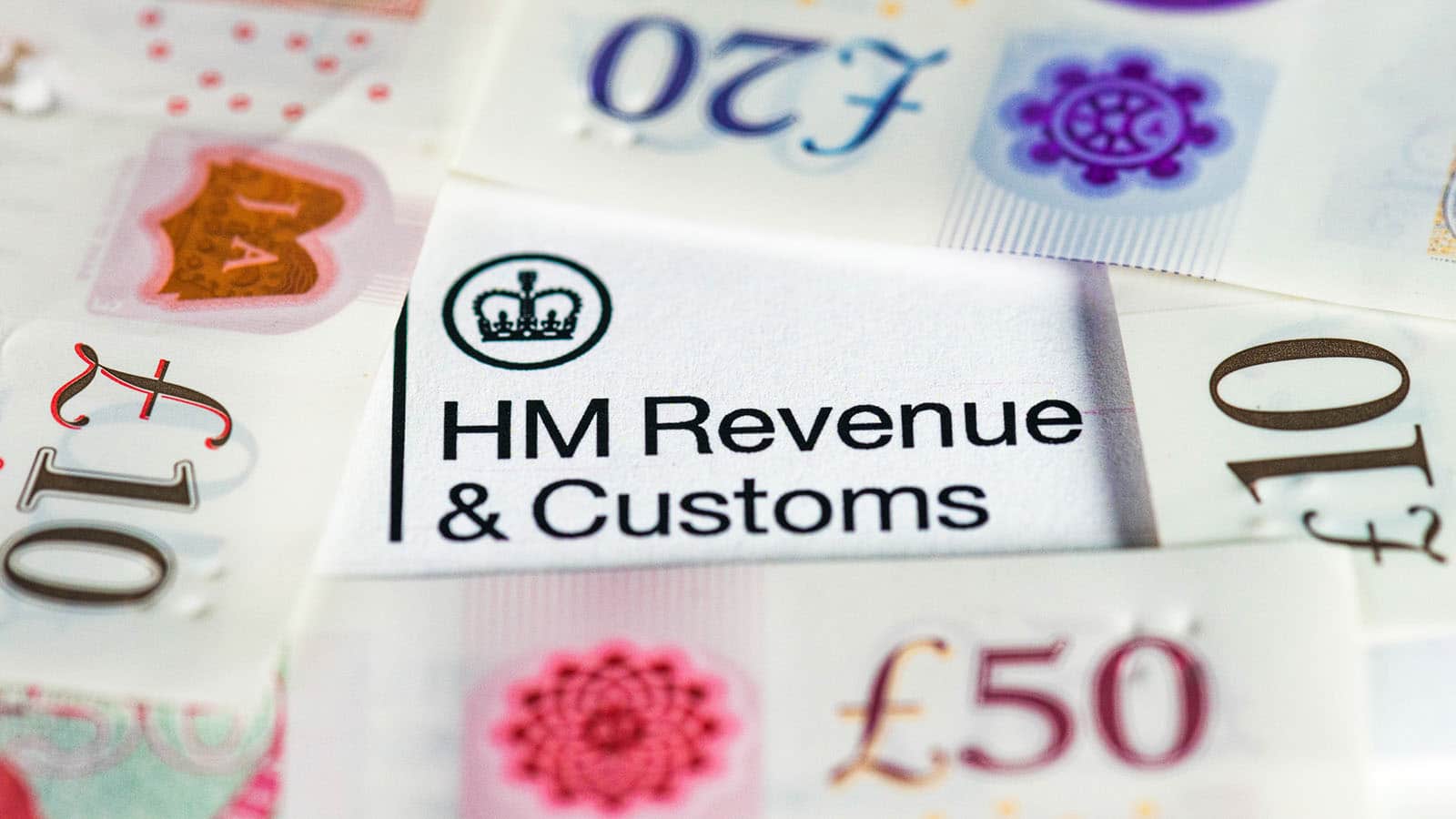KKC Partner Talks Transnational Whistleblower Laws with International Delegates

On June 28, leading whistleblower attorney Stephen M. Kohn addressed over 15 international delegates at the Meridian International Center’s speaker series on Transparency and Accountability in Government. The attendees came from Nepal, Israel, Bangladesh, Estonia, Guyana, Brazil, Hungary, Vietnam, Slovakia, Kenya, the Philippines, Zimbabwe, Italy, and Rwanda as part of the State Department’s International Visitor Leadership Program.
“I am always very appreciative of being able to speak to an international group,” Kohn opened, “mostly because our laws and mechanisms for accountability and transparency are fairly unique, but open for transnational application. So, what sometimes looks like a uniquely American program has been effectively used in every single country where it’s been implemented.”
Kohn, founding partner of Kohn, Kohn, & Colapinto LLP and Chairman of the Board of Directors of the National Whistleblower Center, has exclusively worked with whistleblowers since he began practicing in 1984.
Citing evidence collected by the United States Department of Justice, Securities and Exchange Commission, Transparency International, and Organisation for Economic Co-operation and Development, Kohn presented the international delegates with an overview of American laws and programs that can protect and serve whistleblowers worldwide.
When explaining the uniqueness of corruption-related crimes, Kohn explained how they are often much harder to detect than other criminal acts. That is why company or government insiders are extremely valuable tools, and prosecutors should work with these whistleblowers to get the most information possible.
“If you want an effective anti-corruption program, you must have whistleblowers,” Kohn said. “That is how you can detect these unique types of crimes and gather the evidence necessary for conviction.”
Attendees were encouraged to ask questions, in which some raised concerns over retaliation that they were witnessing in their home countries.
“Under the law, the whistleblower can be anonymous and confidential,” Kohn explained. “This means that the agency is not only required to keep the whistleblower’s identity secret, but to engage in no law enforcement tactic that would reveal their identity.”
Providing anecdotal evidence, Kohn spoke about a former client who was able to keep their high-ranking position at a company while assisting law enforcement in uncovering fraud in the very place where he continued to work. They acted as a well-informed insider who remained anonymous and was able to happily retire from the job unharmed. These circumstances, according to Kohn, are entirely possible when everyone prioritizes protection for the whistleblower’s identity.
“Law enforcement people have realized that the whistleblower is an incredible asset, and they don’t want them to be discovered,” Kohn said. “They want them to be the equivalent of a confidential informant who sits in the company and keeps giving out the information.”
Each attendee was given a copy of Kohn’s The New Whistleblower Handbook, equipping them with additional resources to take home and implement in order to strengthen each of their country’s anti-corruption and whistleblowing efforts.
Latest News & Insights
January 27, 2026





